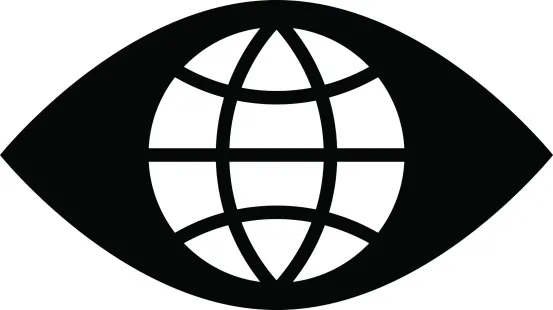
In 2018, the people in the Netherlands voted against the "Dragnet surveillance law" and yet everything is now ready for large-scale wiretapping. When it was being discussed five years ago, they still called it scare tactics. The law gave Dutch intelligence services AIVD and MIVD broader powers for, among other things, hacking and cable interception. There were concerns about the latter in particular. The fear was that the metadata, from which for example can be read who people communicate with or which internet pages they visit, would be stored for millions of Dutch people.
Even Amnesty International threw their weight against the new law, and eventually the Dutch voted against it with a country wide referendum. Amnesty stated: "The government should protect its citizens and the democratic constitutional state against threats. To do this, the Dutch intelligence and security services need sufficient powers to investigate these threats. But with the new law, the services are now also allowed to intercept communication via the cable systematically and on a large scale using a "dragnet". So also the data of large groups of people who pose no threat to society. That is why Amnesty says: data from people who do not pose a threat to national security should not be able to be collected and analyzed systematically and on a large scale."
But now the dreaded dragnet law has sneaked in after all. Large scale tapping of communication via internet cables is technically possible and will soon be a practice. This breaks previous promises made by former minister Ronald Plasterk, according to information from regulators TIB and CTIVD and discussions with those involved.
Early this year, activist group Bits of Freedom reported about a new secret proposal being created. As it's secret, we don't know the exact details but based on articles by newspapers NRC and De Volkskrant, Bits of Freedom states:
"The trend seems to be towards making it easier to collect and process more data. A good example of this is the so-called "direction requirement" This has been emphatically included in the law following the result of the referendum.
This requirement obliges the secret services to use their powers as specifically as possible and to ensure that the collection of data takes place as specifically as possible. So with as little by-catch as possible. It is now proposed to remove that requirement from the law again. The same line is reflected in the proposed authority to deploy the dragnet completely in an undirected manner. At the moment this still takes the form of an 'investigative' interception. This is omitted in the proposal in order to be able to use the means for "target discovery'" In other words: unfocused watching and listening with the entire internet to see if there is anything that the secret services find interesting.
The mountains of data that the secret services bring in must then be analyzed with the help of algorithms that look for patterns and connections. Permission from the TIB is still required for this, but that will be deleted in the proposal. It is also proposed to make it easier for the secret services to hack devices. Easier here means: without prior supervision. And that also applies to the devices of any Dutch victims of a hack attack."
The new secret proposal was submitted shortly after the conflict in Ukraine began. So now we are back at square one, back to five years ago, and it's like the "No" vote never happened. The only positive thing? It's summer, and we can expect new massive protests against that. In fact, we will help organize those ourselves.
Sources:
https://www.volkskrant.nl/nieuws-achtergrond/nederland-stemde-tegen-de-sleepwet-en-toch-staat-nu-alles-klaar-voor-grootschalig-aftappen~b2233e43
https://www.villamedia.nl/artikel/gevreesde-sleepwet-is-er-sluipenderwijs-toch-gekomen
https://www.amnesty.nl/mensenrechten-in-nederland/veiligheid-en-mensenrechten/sleepwet
